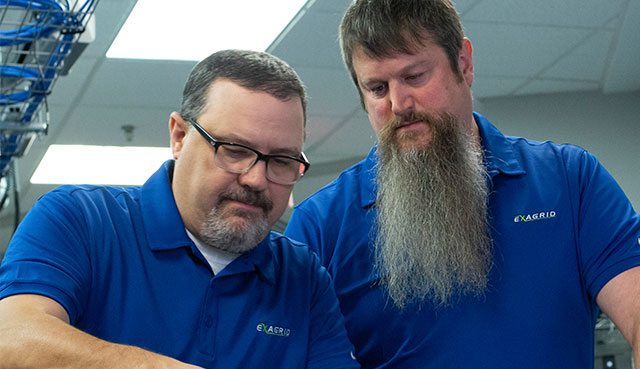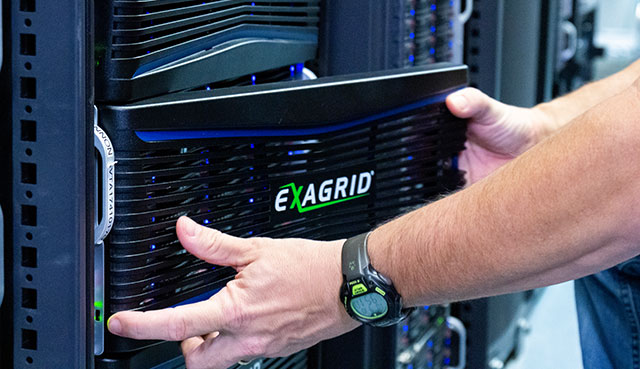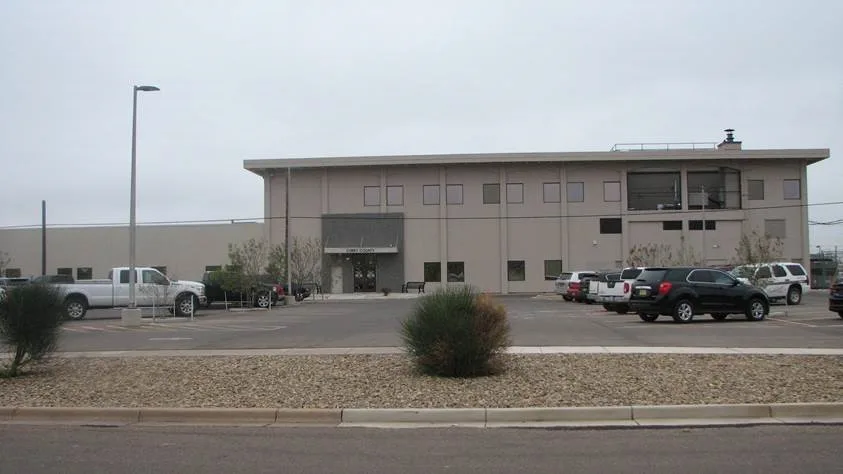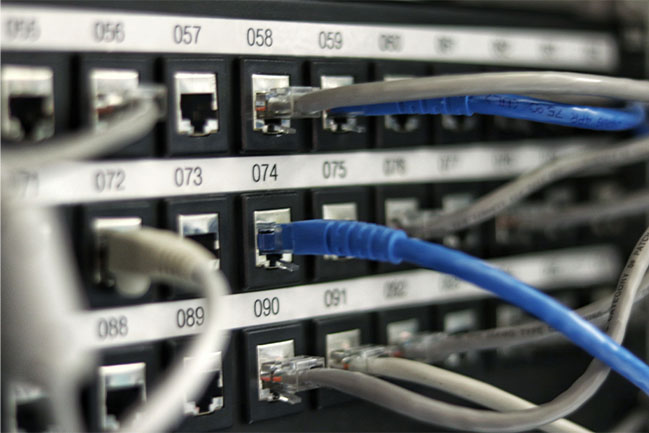ExaGrid Helps Manage State-Mandated Retention Policies
One of the reasons the county sought to modernize its backup storage infrastructure was that the legacy backup solution that the county had used did not offer data deduplication. ExaGrid-Veeam combined deduplication provides storage savings, enabling longer-term retention of data.
Curry County’s IT department manages a mostly virtualized environment as well as a few physical servers. “The agency backs up a lot of data in addition to full database backups, and there are a variety of different media types that need backing up,” said Ulses. “The State of New Mexico has certain requirements around how long we have to keep data, and we have to ensure we keep data in accordance with the state’s mandated policies around data retention. Certain data must be kept for a year, other data is kept for five years, and there is some data we must keep forever.”
ExaGrid writes backups directly to a disk-cache Landing Zone, avoiding inline processing and ensuring the highest possible backup performance, which results in the shortest backup window. Adaptive Deduplication performs deduplication and replication in parallel with backups for a strong recovery point (RPO). As data is being deduplicated to the repository, it can also be replicated to a second ExaGrid site or the public cloud for disaster recovery (DR).
Veeam uses changed block tracking to perform a level of data deduplication. ExaGrid allows Veeam deduplication and Veeam dedupe-friendly compression to stay on. ExaGrid will increase Veeam’s deduplication by a factor of about 7:1 to a total combined deduplication ratio of 14:1, reducing the storage required and saving on storage costs up front and over time.






